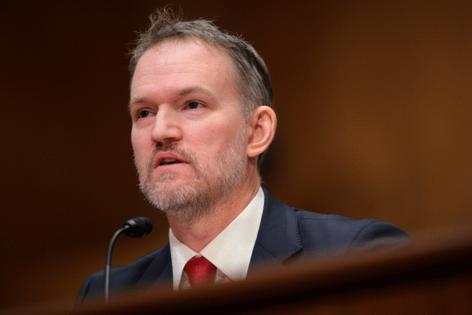Brazil pushes back against US probe into its trade practices
Published in News & Features
Brazil is forcefully rejecting Washington’s allegations of unfair trade practices, describing an investigation launched by the U.S. Trade Representative into the matter as an illegitimate use of unilateral US trade law.
In a 91-page response to the so-called Section 301 probe, Brazil said its digital, intellectual property, ethanol and environmental policies are consistent with international trade rules. Brazil’s comments were submitted to the USTR earlier Monday and published on its website a few hours later.
Launched in July, the investigation is seen as an attempt to justify the 50% tariffs imposed by President Donald Trump on all Brazilian exports to the United States, excluding some 700 items ranging from aviation parts to select agricultural exports.
Trump has linked the penalties to Brazil’s prosecution of former President Jair Bolsonaro, portraying the case as a U.S. national security concern. Brazil countered that the tariffs are political in nature and not grounded in economic harm to American firms.
In its filing, the government stressed the U.S. has consistently run a trade surplus with Brazil — $29.3 billion in 2024 — and that American firms already enjoy broad access to the Brazilian market. More than 70% of U.S. exports enter duty-free, while Brazil’s fast-growing electronic payments system, Pix, is open to global platforms such as Google Pay and WhatsApp. Officials also pointed to joint enforcement efforts on corruption and intellectual property, citing U.S. recognition of Brazil’s progress in reducing patent backlogs and cracking down on piracy.
The submission also devotes significant attention to environmental concerns, asserting that deforestation has dropped by nearly 50% since 2023 thanks to stricter enforcement of the Forest Code and satellite monitoring systems. It argued that Brazil’s major U.S.-bound farm exports — coffee, orange juice, sugar and tobacco — are not related to Amazon clearing.
On ethanol, Brazil contrasted its own 18% tariff with Washington’s 52.5% levy on Brazilian shipments, accusing the U.S. of protecting subsidized corn-based ethanol while blocking sugarcane-based fuel that meets California’s low-carbon standards.
“Unilateral measures under Section 301 risk undermining the multilateral trading system and could have adverse consequences for bilateral relations,” the filing said.
President Luiz Inacio Lula da Silva has promised to keep channels of dialogue open while taking the dispute to the World Trade Organization. He has also rolled out domestic credit lines to cushion exporters from the sudden tariff shock.
©2025 Bloomberg L.P. Visit bloomberg.com. Distributed by Tribune Content Agency, LLC.







Comments